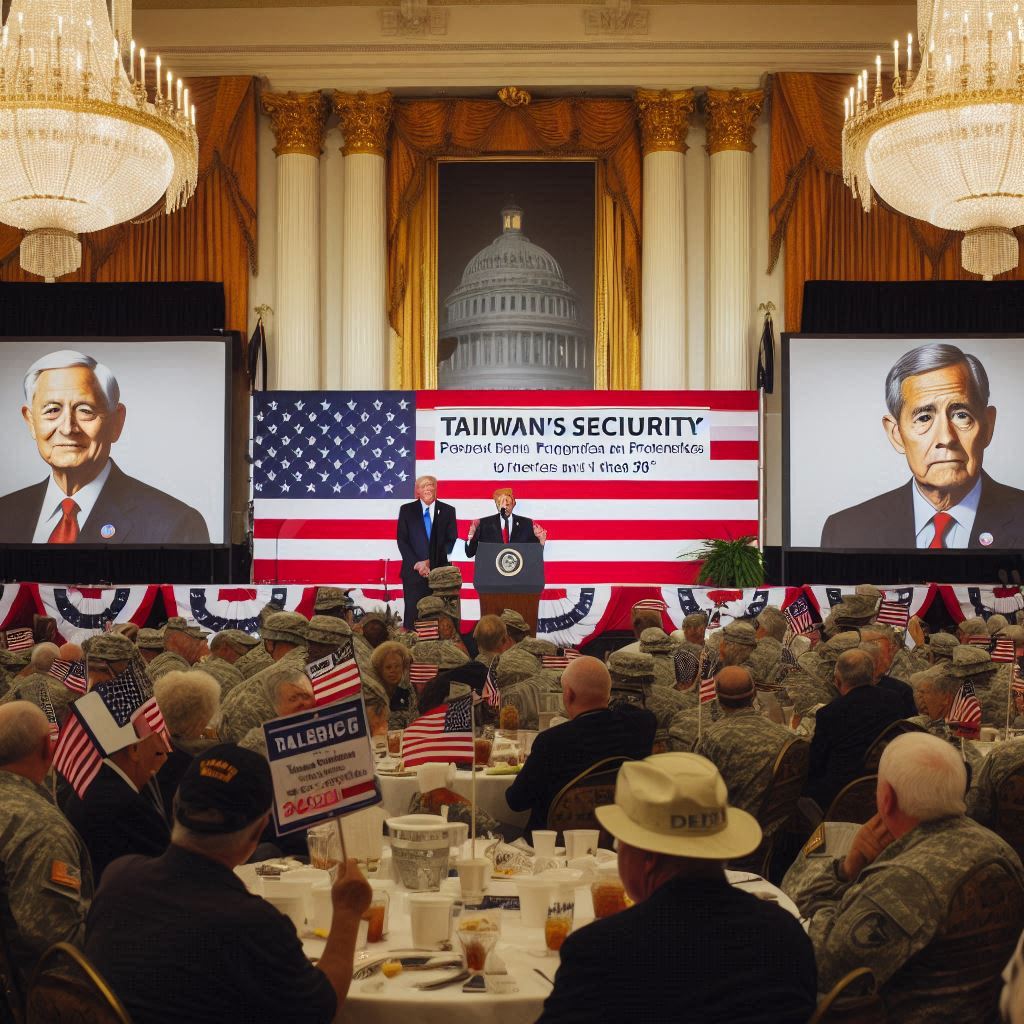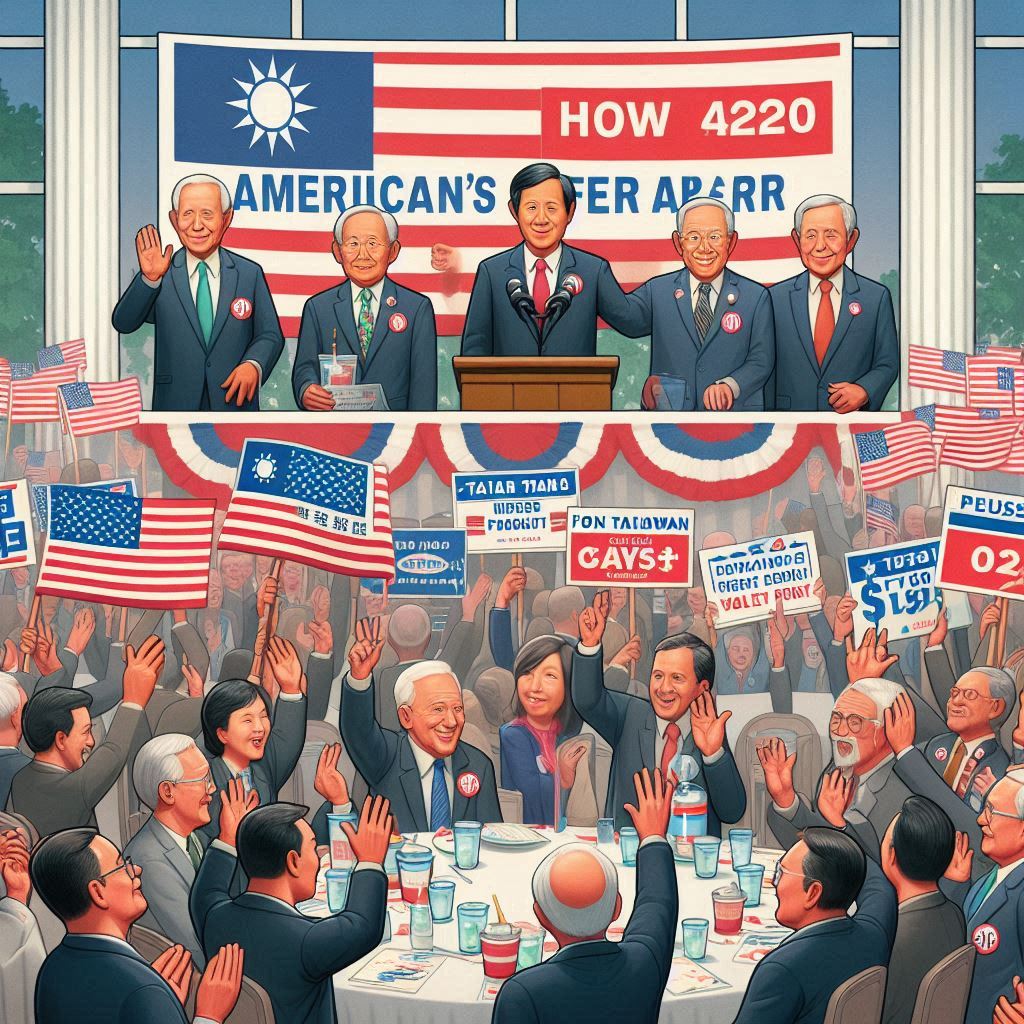川普表示上任後如果中國入侵台灣將轟炸北京。
如果中國入侵台灣,美國是否會派兵援助一直是個備受關注的問題。美國長期以來採取戰略模糊政策,避免直接回答相關問題。然而,現任總統喬·拜登(Joe Biden)曾多次明確表示,如果中國攻擊台灣,美國將派兵協防台灣。近期,前總統唐納·川普(Donald Trump)也提到,如果中國攻打台灣,他將對北京進行轟炸。
這些言論是否表示台灣受到攻擊時美軍會協防,仍需視具體情況而定。雖然拜登和川普的表態顯示出支持台灣的意圖,但美國的實際行動將取決於當時的國際局勢、盟國的態度以及國內政治因素。因此,無法確定美軍是否一定會在台灣受到攻擊時進行協防,但美國領導人的表態無疑增加這種可能性。美國是否會協助台灣抵擋中國的入侵一直是一個複雜且敏感的問題。美國長期以來採取戰略模糊的態度有幾個主要原因:
平衡中美關係:美國與中國之間有著複雜的經濟和政治關係。保持戰略模糊可以避免直接激怒中國,減少兩國間的緊張局勢,從而維持區域穩定。
威懾作用:戰略模糊可以使中國不確定美國的具體反應,從而起到威懾的作用,防止中國冒然行動。
靈活性:模糊態度給美國留下政策靈活性,允許根據當時的國際局勢和國內政治環境來決定具體行動,而不必受事先承諾的約束。
台灣政策法和六項保證:美國的一些政策文件如《台灣關係法》和“六項保證”,都明確表示美國將提供台灣防衛所需的武器,但對於是否直接派兵援助則沒有明確表態,這也體現戰略模糊的特點。雖然現任總統喬·拜登和前總統唐納·川普曾做出明確表態,支持台灣抵禦中國的攻擊,但這些言論更像是表達美國對台灣的支持與承諾,實際行動還是取決於當時的具體情況和國際局勢。因此,戰略模糊的態度在一定程度上是美國為了應對這一複雜局面所採取的一種策略。
Whether the United States will send troops to aid Taiwan in the event of a Chinese invasion has always been a closely watched issue. The U.S. has long adopted a policy of strategic ambiguity, avoiding direct answers to such questions. However, current President Joe Biden has repeatedly stated that the U.S. would send troops to defend Taiwan if China attacks. Recently, former President Donald Trump also mentioned that if China attacks Taiwan, he would bomb Beijing.
Whether these statements mean that the U.S. military will indeed defend Taiwan if it is attacked remains dependent on specific circumstances. While Biden and Trump’s statements indicate support for Taiwan, the actual actions of the U.S. will depend on the international situation, the attitude of allies, and domestic political factors at the time. Therefore, it is uncertain whether the U.S. military will definitely intervene if Taiwan is attacked, but the statements by U.S. leaders undoubtedly increase this possibility.
Whether the United States will assist Taiwan in repelling a Chinese invasion has always been a complex and sensitive issue. There are several key reasons why the U.S. has long maintained a stance of strategic ambiguity:
Balancing U.S.-China Relations: The U.S. has complex economic and political ties with China. Maintaining strategic ambiguity helps avoid directly provoking China and reduces tensions between the two countries, thereby promoting regional stability.
Deterrence: Strategic ambiguity creates uncertainty for China regarding the U.S.'s specific response, which serves as a deterrent against Chinese aggression.
Flexibility: A vague stance allows the U.S. to retain policy flexibility, enabling it to decide on specific actions based on the prevailing international situation and domestic political environment, without being bound by prior commitments.
Taiwan Relations Act and the Six Assurances: U.S. policy documents like the Taiwan Relations Act and the "Six Assurances" clearly state that the U.S. will provide Taiwan with the necessary weapons for self-defense, but they do not explicitly commit to direct military intervention, reflecting the nature of strategic ambiguity.
Although current President Joe Biden and former President Donald Trump have made clear statements supporting Taiwan's defense against Chinese attacks, these statements are more about expressing U.S. support and commitment to Taiwan. Actual actions would depend on the specific circumstances and international situation at the time. Therefore, the stance of strategic ambiguity is a strategy the U.S. adopts to navigate this complex situation.


照片:DALLE3
- 1
- 2
- 3
- 4
